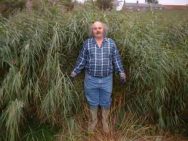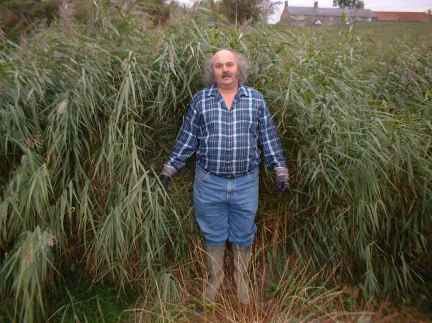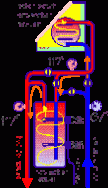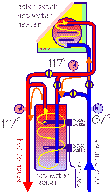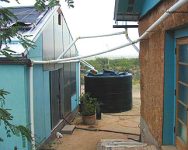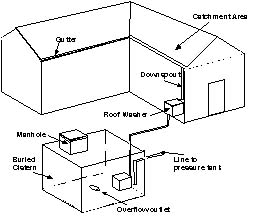
Going grey — water that is
This article discusses some basic aspects of a greywater system that could be used off-grid.
Greywater is the used water at a particular site, except for water coming from the toilet, which is known as blackwater. When building a greywater system you first separate the greywater from the blackwater and send the greywater through a separate treatment system. Ideally, after the greywater passes through the purification process it can then be reused. Greywater systems are an appropriate use of technology for many reasons, particularly for off-grid locations. They reduce the use of fresh water, there is less stress on existing more conventional septic tanks, it is a highly effective purification process, and there is less chemical and energy use.…
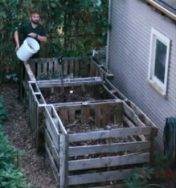
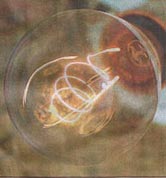

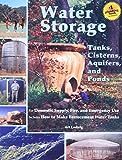
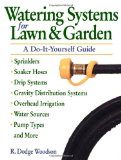
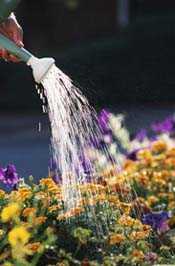
 buy this Water timer from Amazon
buy this Water timer from Amazon